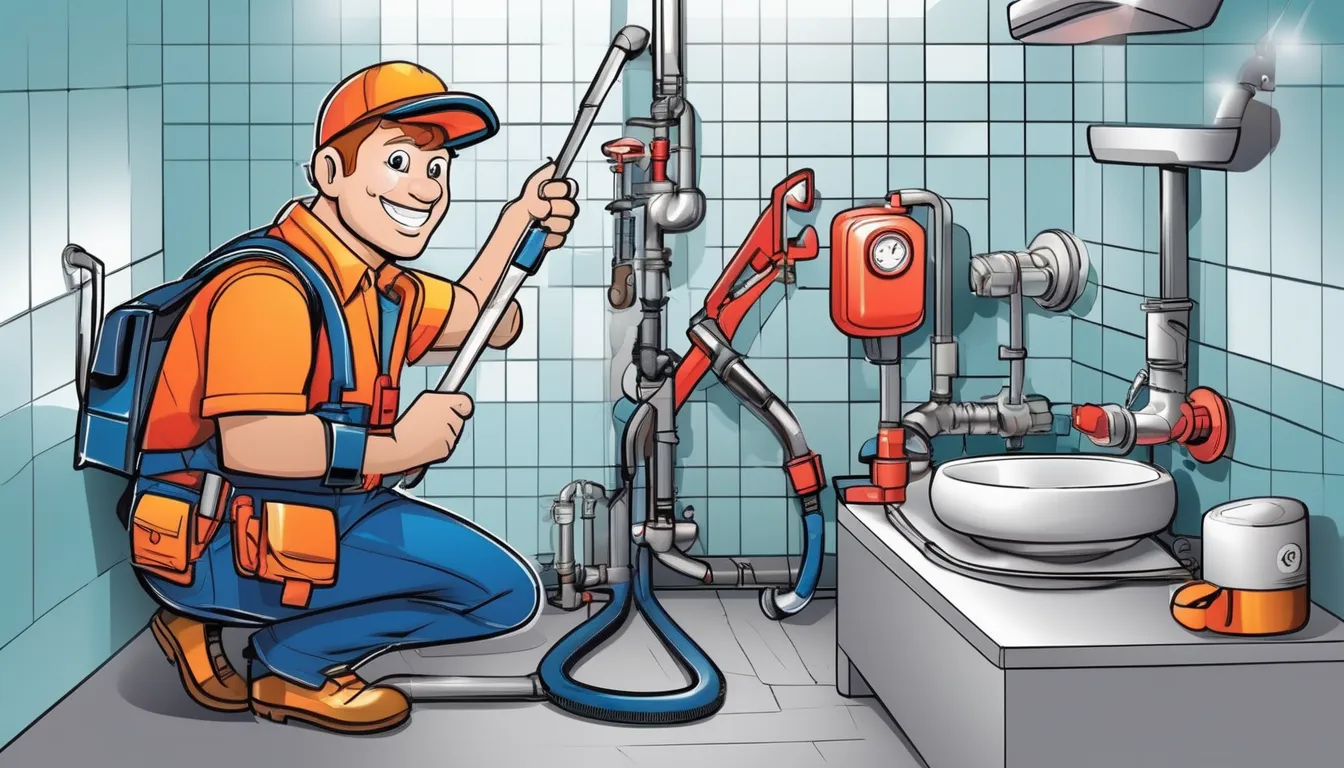
As you consider the potential of AI in healthcare, you’re likely wondering how it can enhance the patient experience. One promising solution is ChatGPT, a technology that’s already being explored for its ability to improve patient interaction and care. By automating routine tasks and providing personalized education, ChatGPT can help healthcare providers focus on what matters most – their patients. But can it really make a tangible difference in patient outcomes and healthcare costs? It’s worth exploring how ChatGPT is being used to streamline clinical workflows, improve diagnostic accuracy, and address some of the most pressing challenges in healthcare. https://chatjapanese.org/.
Enhancing Patient Engagement
Engaging with patients in a more personalized way is becoming increasingly important in healthcare. You’re likely aware that patients have unique needs, preferences, and concerns.
ChatGPT can help you tailor your interactions to better meet these individual needs. By analyzing patient data and medical histories, ChatGPT can generate personalized messages and responses that address specific concerns and health goals.
You can use ChatGPT to create customized patient education materials, such as videos, brochures, or online resources.
This can help patients better understand their conditions, treatment options, and self-care instructions.
ChatGPT can also facilitate more effective communication between patients and healthcare providers.
For example, you can use ChatGPT to generate patient summaries, which can help ensure that patients understand their care plans and treatment goals.
Streamlining Clinical Workflows
You’ve seen how ChatGPT can help personalize patient interactions, but what about the administrative tasks that consume a significant portion of healthcare professionals’ time?
Clinical workflows are often filled with mundane tasks like data entry, appointment scheduling, and documentation.
ChatGPT can help streamline these processes, freeing up time for healthcare professionals to focus on what matters most – patient care.
You can use ChatGPT to automate tasks like generating patient summaries, updating medical records, and sending appointment reminders.
This not only saves time but also reduces the likelihood of human error.
ChatGPT can also help with clinical decision support by providing healthcare professionals with relevant information and guidelines at the point of care.
Improving Diagnostic Accuracy
ChatGPT is revolutionizing the way healthcare professionals approach diagnosis, and its potential to improve diagnostic accuracy is vast. You can integrate ChatGPT into your clinical decision-making process by using it to analyze medical data, identify patterns, and provide insights that may not be immediately apparent to human clinicians.
This can help reduce errors and improve the accuracy of diagnoses.
By leveraging ChatGPT’s natural language processing capabilities, you can quickly sift through large amounts of medical literature and identify relevant information that informs your diagnostic decisions.
Additionally, ChatGPT can help you identify potential biases in your decision-making process and provide a more objective assessment of the patient’s symptoms and medical history.
ChatGPT can also assist in identifying rare or unusual conditions that may not be immediately recognizable to human clinicians.
Personalized Patient Education
A significant advantage of incorporating ChatGPT into your healthcare practice is its ability to provide one-on-one, tailored patient education. You can use this AI tool to create customized educational materials, such as videos, articles, and interactive modules, that cater to individual patients’ needs and learning styles.
By analyzing a patient’s medical history, treatment plan, and health literacy level, ChatGPT can generate personalized content that addresses specific concerns and questions.
You can also leverage ChatGPT’s conversational interface to engage patients in interactive educational sessions. This AI-powered chatbot can respond to patients’ queries, provide explanations, and offer clarification on complex medical concepts.
By doing so, you can empower patients to take a more active role in their care, which can lead to better health outcomes and improved patient satisfaction.
Moreover, ChatGPT’s ability to learn from patient interactions enables it to refine and update its educational content over time.
This means that you can continuously improve the quality and relevance of patient education, ensuring that your patients receive the most accurate and effective information possible.
Reducing Healthcare Costs
By integrating ChatGPT into healthcare practices, medical professionals can significantly reduce healthcare costs. You can utilize ChatGPT to streamline administrative tasks, such as data entry, claims processing, and patient communication.
This automation can help minimize manual labor, decrease paperwork errors, and lower operational expenses.
ChatGPT can also assist in reducing costs associated with patient readmissions. You can use the AI tool to provide patients with personalized instructions and reminders, ensuring they adhere to treatment plans and take medications as prescribed.
This proactive approach can help prevent complications and reduce the likelihood of hospital readmissions.
Moreover, ChatGPT can help you optimize resource allocation. The AI tool can analyze data to identify areas of inefficiency and provide insights on how to improve resource utilization.
Conclusion
You’re on the cusp of revolutionizing patient care by integrating ChatGPT into healthcare. By enhancing patient engagement, streamlining clinical workflows, and improving diagnostic accuracy, you’ll improve patient understanding and increase efficiency. Personalized patient education will become the norm, and healthcare costs will be reduced. As you harness the power of ChatGPT, you’ll transform the healthcare landscape, leading to better patient outcomes and a more effective healthcare system. Your patients will reap the benefits of a more personalized and efficient care.


